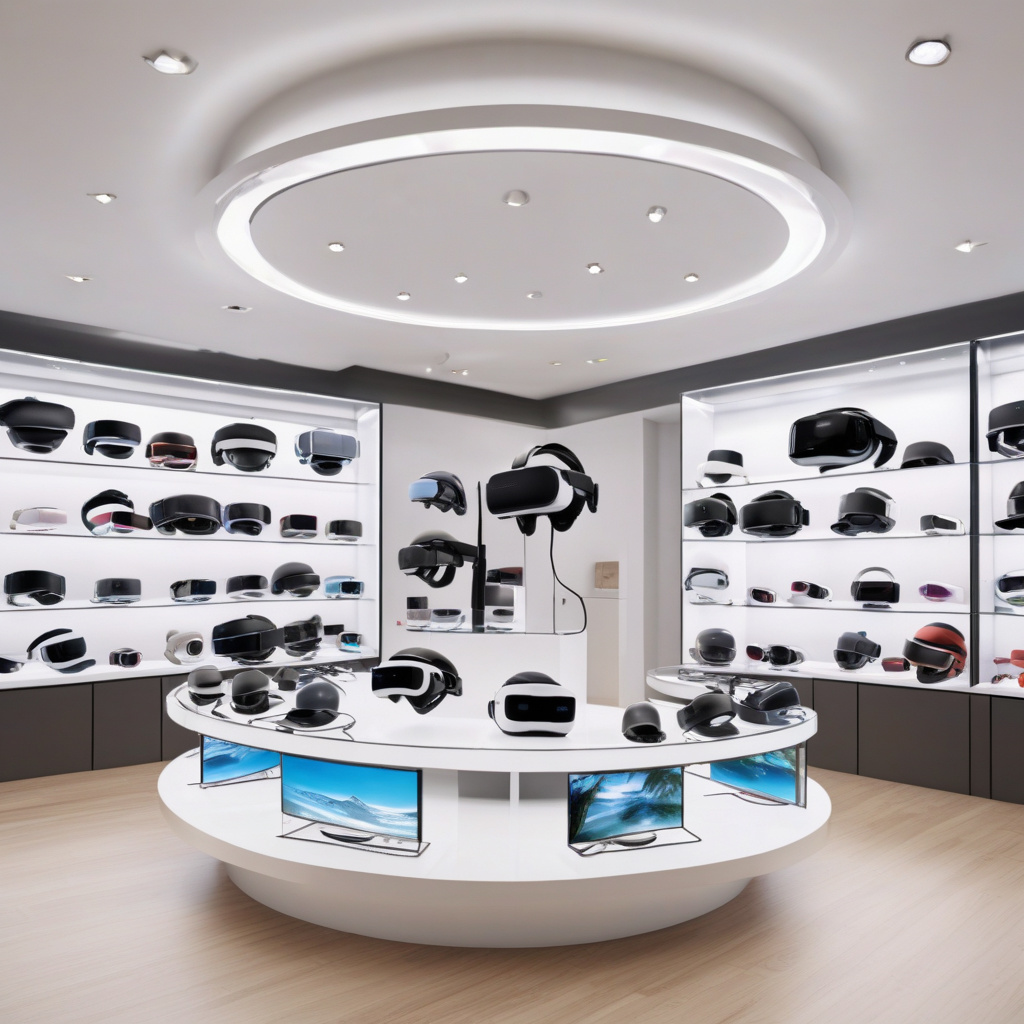Exploring the Decline in VR Headset Sales
In a recent report by Counterpoint, it was revealed that sales of virtual reality (VR) headsets experienced a 12% decline in 2024 compared to the previous year. This marks the third consecutive year of decreasing sales, primarily attributed to a low demand on the consumer front.
Market Leaders and Emerging Trends
Despite the overall decline, Meta emerged as the top performer with a commanding 77% market share. Following Meta, companies like Sony, Pico, DPVR, and Apple have also made notable contributions to the VR headset market.
Apple’s Vision Pro and Business Interest
Apple, known for its premium products, saw an increase in interest among business users for its Vision Pro headset. Launched just over a year ago, the Vision Pro remains a high-end offering and is currently available in only 13 countries and territories, limiting its widespread adoption.
Future Outlook and Shift Towards AR Smart Glasses
Counterpoint’s projections suggest that the demand for VR headsets is likely to persist at lower levels throughout the year. However, there is a growing anticipation surrounding smart glasses equipped with augmented reality (AR) capabilities. This shift indicates a potential rise in interest towards AR technology in the near future.
Conclusion
While VR headset sales have experienced a decline, the market dynamics are evolving with a focus on emerging technologies like AR. Companies like Meta and Apple continue to drive innovation in the VR space, catering to both consumer and business markets. As the landscape of virtual and augmented reality continues to shift, staying attuned to these trends will be crucial for industry professionals looking to navigate the evolving tech terrain.

